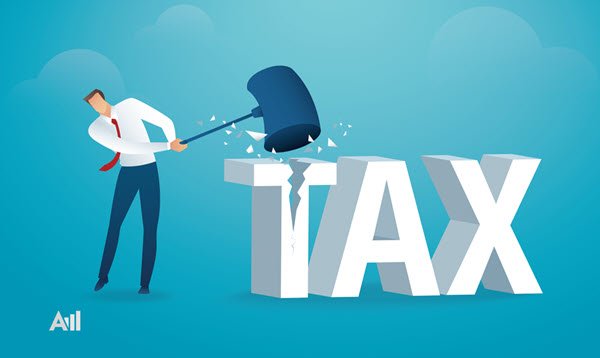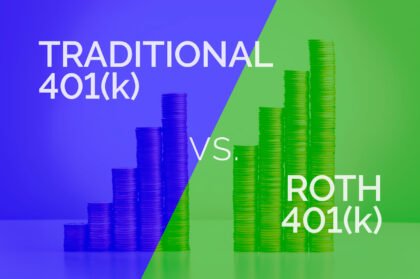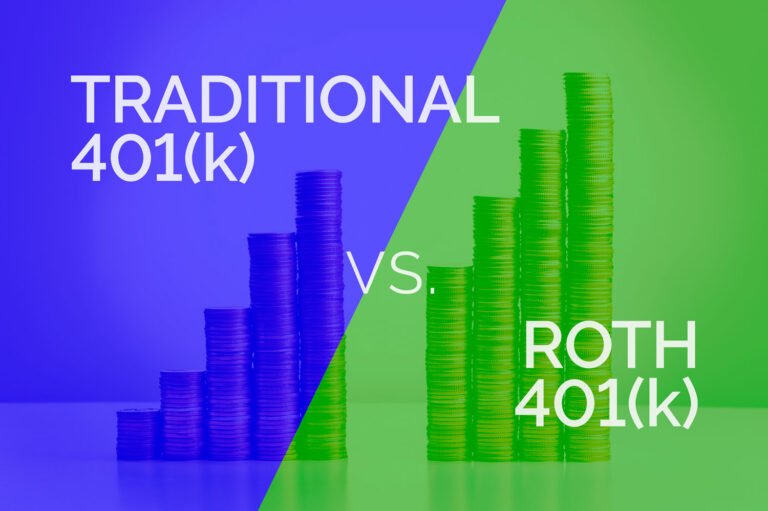Investment contributions post-Secure Act – a micro study of whether it makes sense to contribute to retirement OR regular after-tax accounts.
The Secure Act changed everything for qualified retirement plan investors. All retirement accounts must now be emptied by the tenth year after death of the IRA owner with the exception of the surviving spouse. It used to be that your heirs could establish inherited IRA accounts and continue the tax-deferred nature of the IRA account for generations. But, the ability to do that is all gone now – that’s a big deal for those who always plowed the most they could into their regular 401k’s. Why? Because if you are leaving a substantial IRA to your heirs, they will now have to pull the money out within ten years and the amount that comes out in any given year is subject to income taxes as if it were additional earnings for them. So, if they want the 500K IRA money in year one to buy a 500K house say – kiss 37% of it goodbye – that’s 185K to the IRS! They are now buying a 315K house instead.
Or, if the value of the IRA is three million dollars and they decide to take it out over ten years, they are going to add 300K to their taxable income each of those ten years. The distribution gets added to their own earnings, and, once again, you’ve got 37% shrinkage of the IRA to taxes for most people!
So, this change got us thinking. Does it really make sense to continue to invest in regular 401k accounts? Or, since the heirs need to now empty the IRA within ten years is it better just to invest in a regular after-tax account or perhaps a Roth 401K? We ran a case study lasting sixty-eight years for a 32 year old living to age 90 – forty years of $18,000/yr contributions, eighteen years of retirement, plus an additional ten years to account for the new IRA rules. We calculated on a NET basis for someone paying tax at a 20% and 30% effective federal tax rate.
Here’s what we found after sixty-eight years (after-tax) assuming no spending and reinvesting the net IRA required minimum distribution account starting at age 72:
20% effective tax rate 30% effective tax rate
401K $7,880,040 $7,324,707
Non-Retirement Account $6,364,445 $4,608,133
Roth 401K $9,566,882 $8,836,449
The Roth 401K is the clear winner! Now, let us be clear, this exercise is not an example of real life. But, it does give you an idea about the power of tax-free compounding in the Roth IRA for younger people. Someone who is older might yield very different results and real life does have a way of derailing the best laid plans. But regardless, the Secure Act makes the long-term prospect of investing in Roth IRA’s look very appealing indeed.


